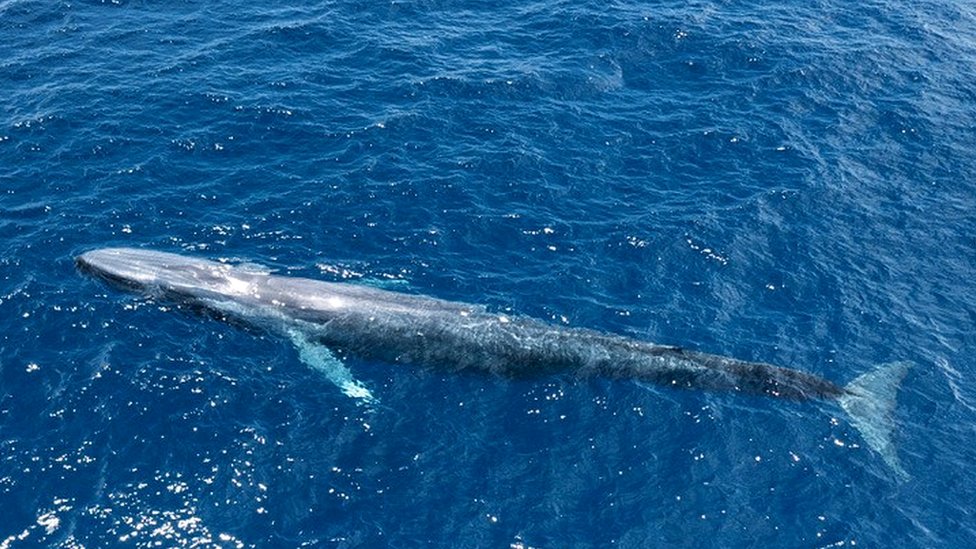
1. Blue Whales Reemerge in the Indian Ocean: A Triumph for Conservation
Blue whales have made a remarkable comeback in the Indian Ocean near Seychelles. This encouraging development was discovered through a year-long study involving underwater audio recordings. The study, highlighted in the documentary “Return of the Giants,” involved researchers and filmmakers capturing footage of blue whales between 2020 and 2021. The National Oceanic and Atmospheric Administration (NOAA) notes that blue whales, the largest animals on Earth, were heavily impacted by commercial whaling, particularly in the 1900s.
This led to their drastic decline and subsequent classification as an endangered species by the International Union for the Conservation of Nature. The research team used hydrophones and a seabed sound trap near Seychelles to record the whales’ distinctive low-frequency songs, especially during the breeding season around March and April. These findings suggest that the Seychelles region could be a crucial breeding or nursery area for blue whales, benefiting from minimal ship traffic and formal protection under the “debt for nature” swap, safeguarding approximately 400,000 square kilometers around the island.
Thank you for your generous gift that will help us continue the production of this weekly, free publication
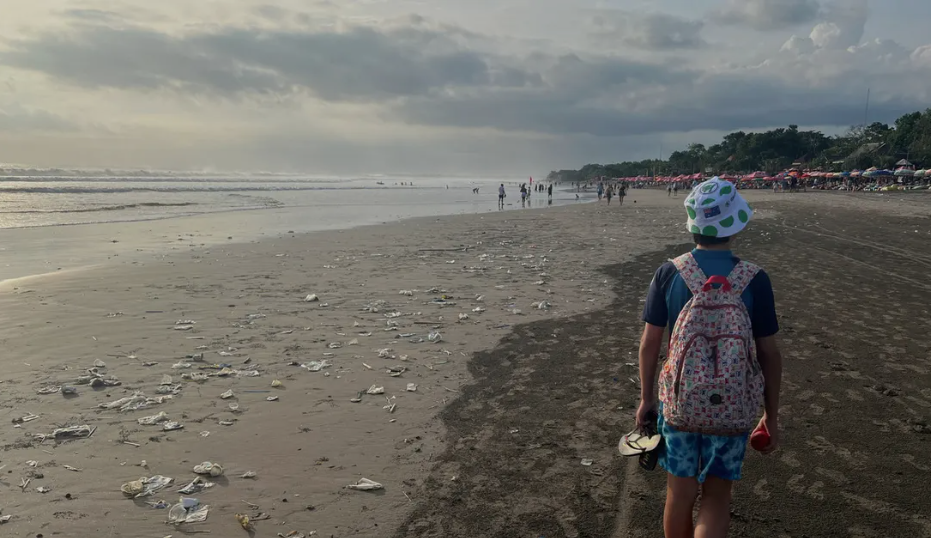
2. Frustration as Latest Talks on Global Plastic Treaty Close
Negotiations toward a global plastic treaty concluded Sunday with disagreement about how the pact should work and frustration from environment groups over delays and lack of progress.
Negotiators spent a week at the UN Environment Programme headquarters haggling over a draft treaty to tackle the growing problem of plastic pollution found everywhere from ocean depths to mountaintops to human blood. It is the third time negotiators have met since 175 nations pledged early last year to fast-track talks in the hope of finalizing a treaty by 2024.
Treaty terms were never really addressed, with a small number of oil-producing nations, particularly Iran, Saudi Arabia, and Russia, accused of employing stalling tactics seen at previous negotiation rounds to hinder progress. Two rounds of negotiations remain in 2024: Canada in April and then South Korea in November, to adopt a treaty by mid-2025.

3. Third U.N. Talks on Plastics Treaty Conclude Without Concrete Plan
The third session of the United Nations Intergovernmental Negotiating Committee on Plastic Pollution, or INC-3, ended with plans to compile a revised draft of an agreement before the end of the year. The forthcoming draft will be the basis of negotiation at the next session in April 2024, INC-4. INC-3 did not yield concrete language or decisions on combatting plastic pollution.
Parties also failed to reach an agreement about what work would be conducted before INC-4, making the negotiation ahead even more arduous. “This negotiation session has been beyond frustrating,” said David Derrick, an attorney at the Center for Biological Diversity, an observer at INC-3. “Hundreds of representatives from all over the world argued tirelessly all week, trying to protect the earth and human health from plastic pollution. But fossil fuel interests blocked those efforts, stalling progress on the plastic crisis.”
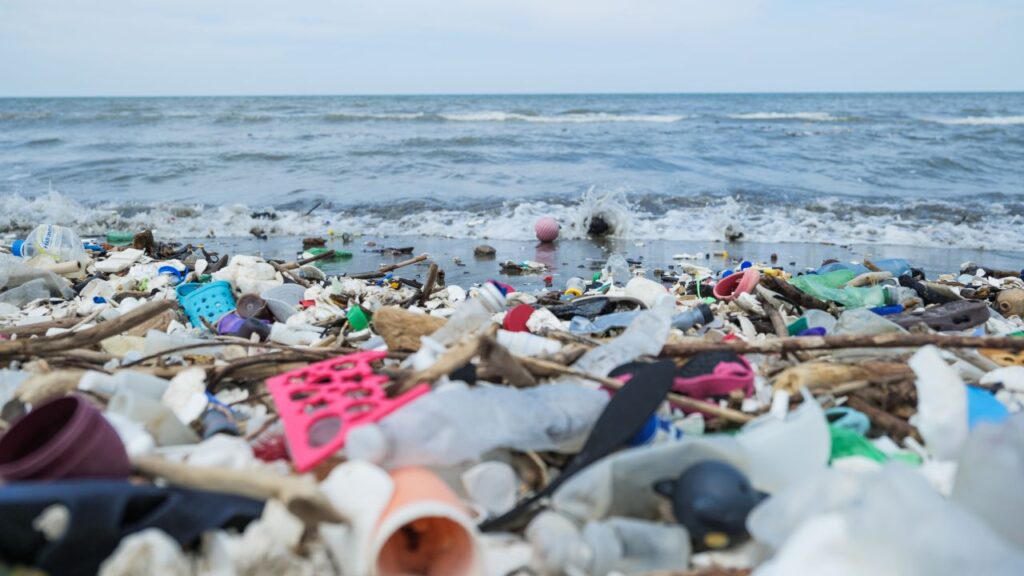
4. U.N. Plastic Treaty Talks Grapple With Re-use, Recycle, Reduce Debate
A third round of United Nations negotiations in pursuit of the world’s first treaty to control plastic pollution has drawn more than 500 proposals from those involved. Some said the number of submissions represented progress, while campaign group Greenpeace said it was “chaos”. Negotiators have until the end of next year to strike a deal for the control of plastics, which produce an estimated 400 million tonnes of waste every year.
The plastics industry, oil and petrochemical exporters, including Russia and Saudi Arabia, have said a global deal should promote recycling and re-use of plastic, but environmental campaigners and some governments say much less needs to be produced in the first place. Greenpeace said a successful deal would require the United States and the European Union to show greater leadership than they have so far.
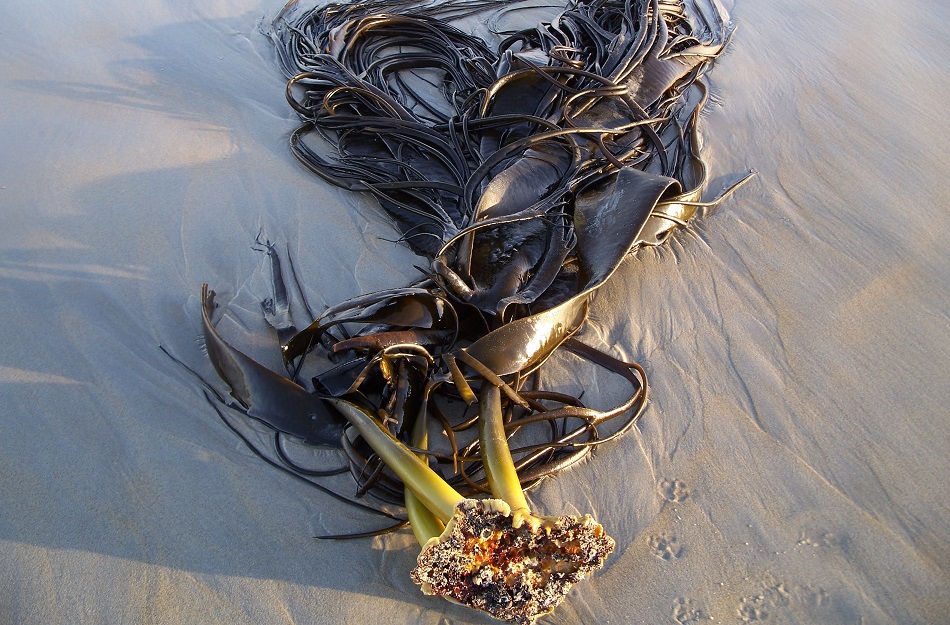
5. Last Old Bull Kelp Beds Badly Damaged
The last old bull kelp beds off Punakaiki on New Zealand’s West Coast have been severely damaged due to three consecutive hot summers and marine heatwaves. The Department of Conservation (Doc) reported that there are few, if any, large old bull kelp plants remaining in the area. This damage is attributed to a rare triple-dip La Niña event, which elevated sea temperatures for three summers.
A report based on drone surveys from 2020 and 2023 is being finalized to document these changes, which have notably affected mussels and bull kelp. In response to this ecological change, Doc is planning to expand photographic monitoring of bull kelp to include areas in South Westland, using aerial photos from 2009 as a reference. This initiative follows a recent report of a dead olive ridley turtle found on a Greymouth beach, highlighting the broader impact of changing climate and sea conditions on marine life.
Additionally, there has been a significant decline in New Zealand fur seal populations at three monitored West Coast colonies: Wekakura Point, Cape Foulwind, and Taumaka Island. These declines are believed to be linked to climate-related changes in food and prey species, as well as possible impacts from fisheries by-catch.

6. Texas Rejects Science Textbooks Over Climate Change, Evolution Lessons
The Texas State Board of Education voted to block science lessons published by eight companies from appearing on a statewide list of textbook providers, citing problems with the way they depicted climate change and evolution. Some of the 15 elected board members raised issues with a book from publisher Discovery Education because it discussed how the U.S. isn’t energy independent and lags behind other nations in oil reserves.
A biology textbook from McGraw Hill won approval after the publisher agreed to remove some graphics depicting human and primate evolution. During an initial discussion on the textbooks this week, Republican members of the board expressed a desire for some materials to depict both the scientific theory of evolution and the Bible story of creationism. Others said textbooks cast the oil and gas industry in a bad light, which could have negative repercussions on the energy-heavy state’s economy.
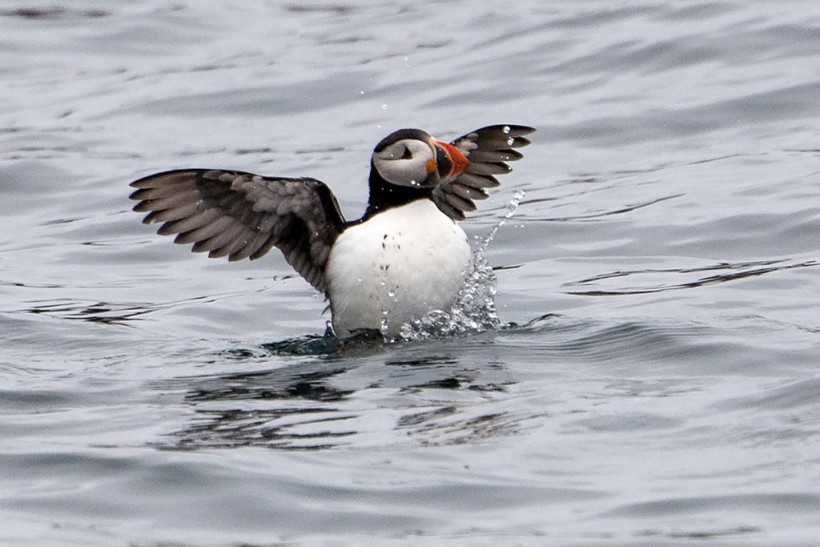
7. Half of Breeding Seabirds in Ireland, UK Declined Over Past 20 Years Due to Climate Change, Habitat Loss
According to a recent report, over half of the breeding seabird population has declined over the past 20 years due to climate change. Seabirds are sensitive to changing temperatures, and when temperatures increase, they must look for new areas or likely starve. The birds are important for the environment, especially for the marine and terrestrial areas, helping with plant growth, ecological, and wildlife health.
In Ireland and the UK, threats that include habitat loss, climate change, human disturbance, oil spills, vessel strikes, commercial gear entanglement, and increasing temperatures are causing the seabird decline. Plastic pollution has also been an alarming threat to wildlife. Plastic debris can look like food to birds, that they then likely consume, leading to severe health consequences, including death.
The alarming report has raised concerns for urgent mitigation plans to save breeding seabirds. Conservation efforts and monitoring are crucial at this point.
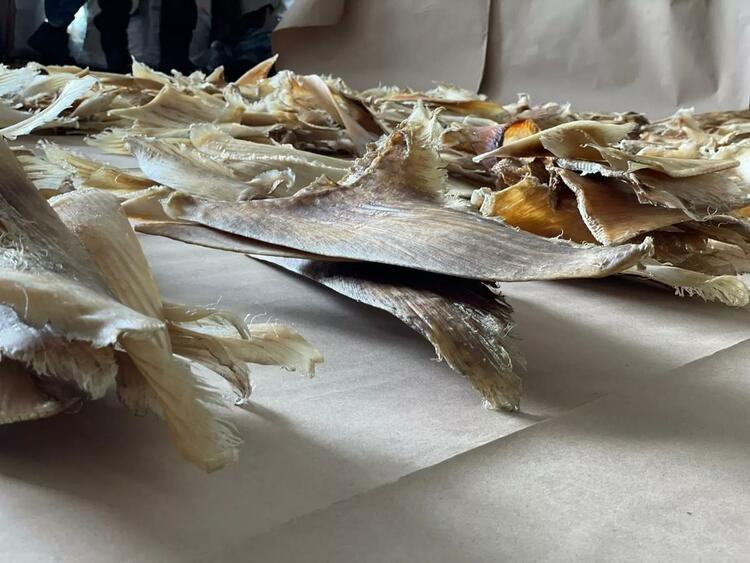
8. Illegal Shark Fin Bust Leads to Company Owned by Colombian Drug Lord’s Son
In 2021, Colombian authorities seized a large shipment of illegal shark fins destined for Hong Kong. A company owned by the son of the former head of the Cali Cartel had sent the package to Bogotá.
Key Findings: 1. A company owned by Fernando Rodríguez Mondragón, son of the former head of Colombia’s Cali Cartel, sent a shipment found loaded with illegal shark fins in Bogotá in 2021. 2. The fins were packed into over 100 kilograms of fish bladders, which lacked proper permits. 3. The shark fins were dried and peeled using techniques rarely found outside Asia. 4. Experts said the processing indicated that more sophisticated methods may be being exported to Latin America.
A wider distribution of processing techniques could make the fight against wildlife trafficking more complex by making it harder to identify the species of sharks without DNA tests.
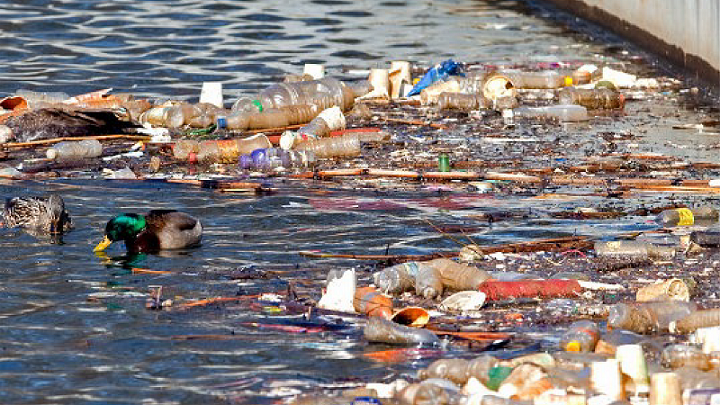
9. New York State Sues PepsiCo Over Plastic Pollution in Buffalo River
New York state sued PepsiCo for allegedly polluting one of its rivers with plastic bottles and wrappers. The lawsuit accuses PepsiCo and its Frito-Lay subsidiaries of creating a public nuisance through the mass production of single-use items, some of which inevitably fall or blow into the Buffalo River when they are discarded. The legal action alleges PepsiCo has hurt the environment, claiming it is partly responsible for litter that ends up in water supplying the city of Buffalo with drinking water.
The lawsuit also wants the court to force the company to develop a plan to keep its packaging out of the Buffalo River and seeks financial penalties and restitution. PepsiCo said in a statement that it was serious about “plastic reduction and effective recycling”. A survey in 2022 found PepsiCo products made up 17.1% of all identifiable plastic waste in the Buffalo River.
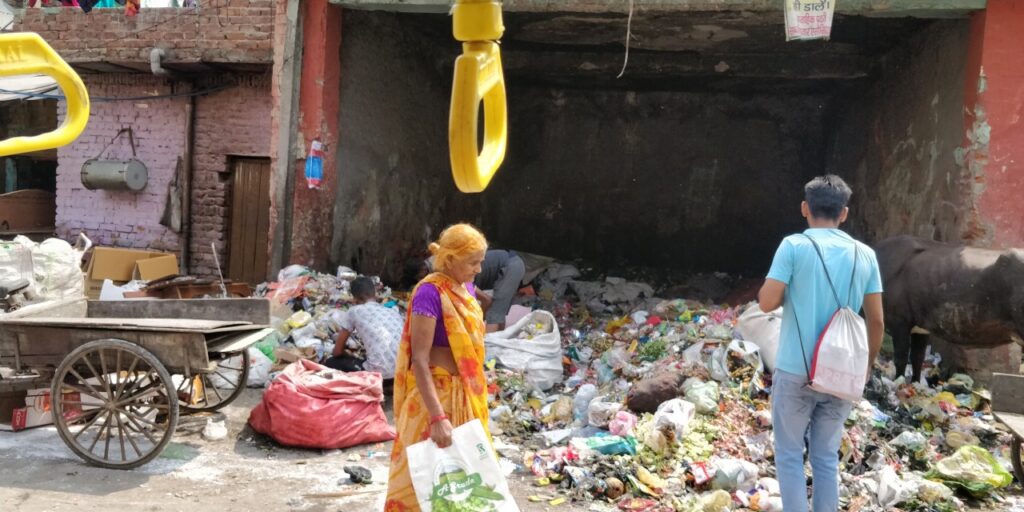
10. Waste Management a Significant Challenge for India and the World: World Bank
In a world where Sustainable Development Goal (SDG) 11 aims to make cities and communities inclusive, safe, resilient, and sustainable, rising waste, especially in the form of plastics, is emerging as a critical concern. The report highlights the striking fact that in 2020, the average person generated approximately 376 kilograms of waste, which is approximately six times the weight of an average individual. Waste management is not just a local concern; it has global ramifications.
As indicated by SDG 3, waste is a substantial contributor to greenhouse gas emissions. It also leads to land degradation, and water pollution (SDG 15), and exacerbates the already concerning issues of landfills and incineration (SDG 14). The World Bank’s report foresees a significant challenge. The expected global population increase, along with rising income levels and urbanisation, will lead to considerable growth in waste generation.
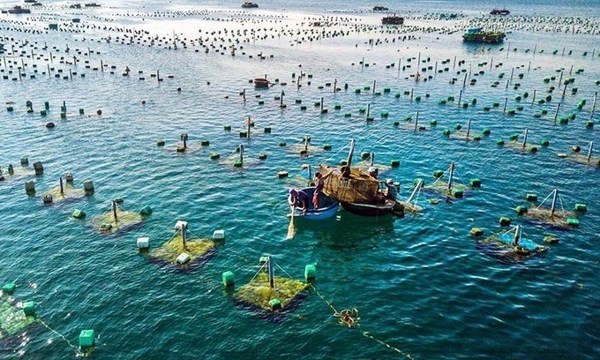
11. Vietnam Works on Sustainable Development of Marine Aquaculture
Reducing the exploitation of natural seafood and increasing offshore aquaculture are considered solutions to balance human demand with the conservation and sustainable development of marine resources. Developing marine aquaculture and expanding large-scale aquaculture towards exports will increase the quality and value of Vietnam’s seafood. The fisheries sector is working with organisations and individuals to help coastal fishermen develop aquaculture at sea.
According to the Minister of Agriculture and Rural Development Le Minh Hoan, marine aquaculture is one of the solutions to reduce exploitation and conflicts in the process of protecting fisheries resources to develop a sustainable fisheries industry. Nguyen Thi Hai Binh, general director of STP Group JSC, said the agricultural sector should build planning for offshore aquaculture linked with tourism development to maximise the potential.

12. Ministers to Delay Plan for Heat Pumps to Replace Boilers From 2025
Scottish Ministers are poised to delay plans to start requiring householders to replace their fossil fuel-run boilers with heat pumps, or other green energy systems, from as early as 2025, The Herald on Sunday can reveal. It is understood the existing time for the phase-out to start in just over 13 months is expected to be shelved in a Scottish Government consultation on proposals for legislation to be published before the end of this month.
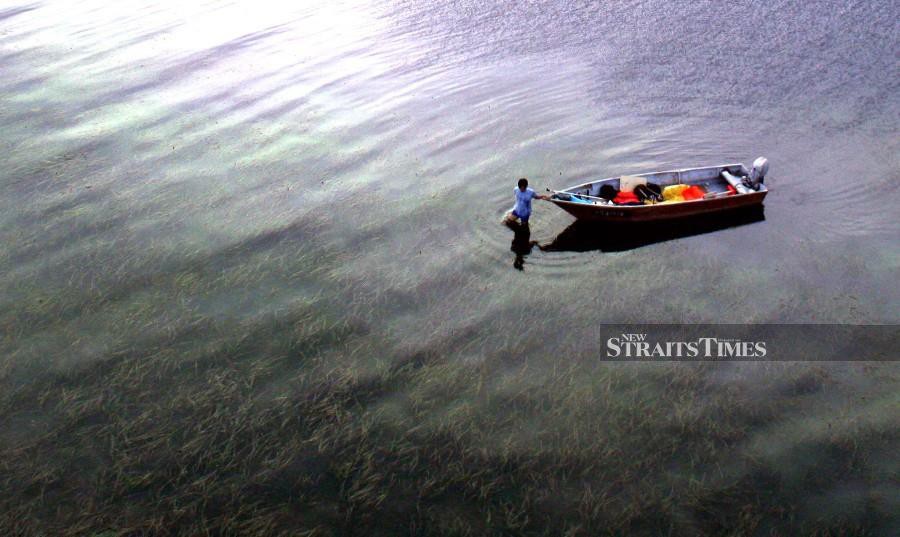
13. Scientist Continues Late Mentor’s Mission to Protect Seahorses
Dr Adam Lim Chee Ooi, a marine biologist, vividly remembers his first encounter with seahorses in their natural habitat. “I spotted a pair of courting seahorses,” recalls Lim, smiling. It was his third attempt to find seahorses in the vast expanse of Sungai Pulai’s exposed seabed at low tide in Johor, trailing after his mentor, the late Choo Chee Kuang. In 2005, Choo had founded Save Our Seahorses (SOS).
Thanks to his initial comprehensive project mapping the locations of seahorse habitats, Choo had identified the Sungai Pulai estuary in Malaysia for in-depth research on these creatures. SOS became a means of involving the public in marine biology programmes. Lim emphasises: “At the end of the day, it’s not just the animals that benefit. Saving the seahorses means saving the seas,” highlighting the interconnectedness of marine conservation efforts and the overall health of marine ecosystems.
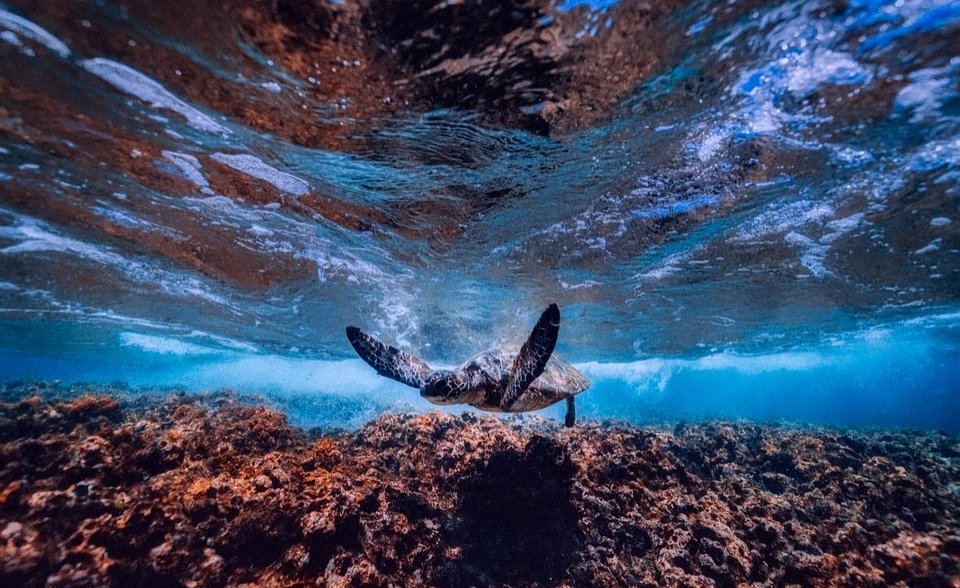
14. Lack of Funding Could Sink Africa’s Ocean Protection Efforts
Over 11 million tonnes of plastic are dumped into the world’s oceans annually, and 90% of its fish population has been fully exploited or overfished. As the planet’s ‘blue lungs’, the oceans are in dire straits and face irreversible damage, reports David Willima for the Institute for Security Studies. Despite the urgency of the situation, the United Nations Sustainable Development Goal (SDG) 14, which calls for the sustainable management and utilisation of marine resources, remains the least-funded of all SDGs.
At the halfway mark for achieving these goals, a mere 3.5% of total SDG financing is allocated to “life below water.” Addressing this financial shortfall is a global issue that requires immediate attention. African nations, with their vast coastlines and rich marine resources, can play a leading role in bridging this funding gap.

15. Four Ways AI Can Super-Charge Sustainable Development
The intersection of AI and sustainable development stands as a beacon of hope, poised to redefine our collective response to urgent global challenges. First, Innovation can bring new solutions. “50% of the carbon reductions needed to get to net zero will come from technologies that have not yet been invented,” remarks John Kerry. Second, by using AI, sustainable finance can navigate climate risks.
AI-powered tools can analyze vast datasets, including climate and financial data, to identify climate risks and investment opportunities. Third, impact measurement can ensure accountability. Fourth, AI can help shift perceptions. The 2023 State of AI report by McKinsey projects a staggering $1.87 trillion global AI market by 2032. Beyond operational efficiency, AI emerges as a powerful catalyst for reshaping how society views sustainability.
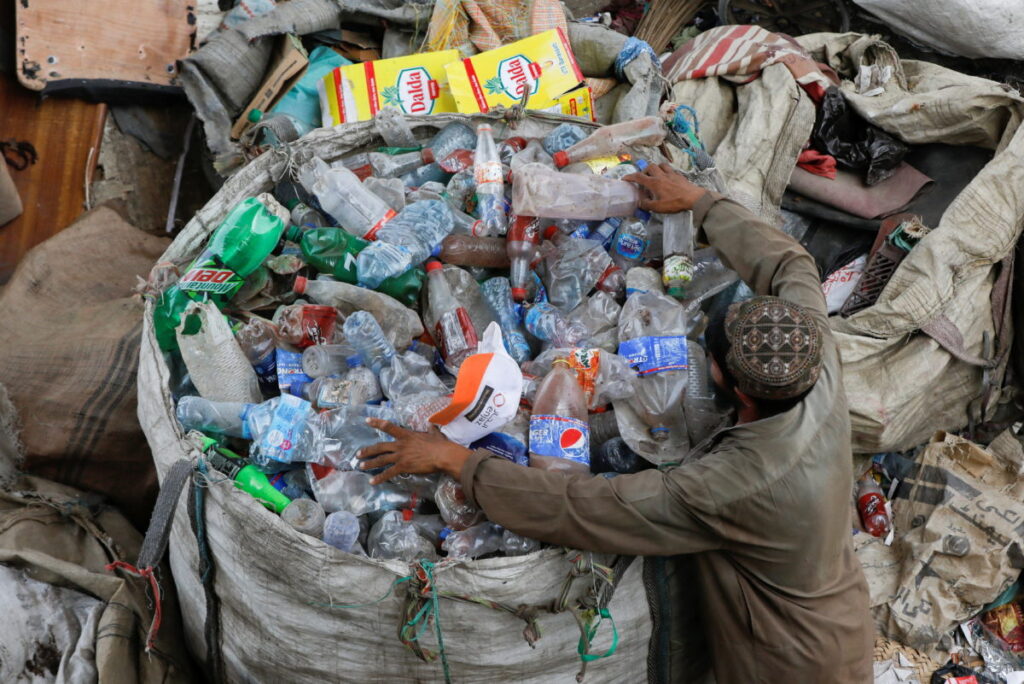
16. European Union Nations Reach Major Breakthrough to Stop Shipping Plastic Waste to Poor Countries
The European Union made a major breakthrough in efforts to stop sending its plastic trash to poor countries. Under a tentative agreement, the 27 EU countries will no longer be able to export their plastic waste outside the Organization for Economic Cooperation and Development club of wealthy countries. The text now needs to be formally approved by both the council representing the EU member states and the EU Parliament to enter into force.
Only a third of plastic waste in Europe is recycled, and half of the plastic collected for recycling is exported to be treated in countries outside the EU. According to EU data, the global production of plastic has grown from 1.5 million tonnes in 1950 to 359 million tonnes in 2018. As part of the Green Deal, 55% of plastic packaging waste should be recycled by 2030.
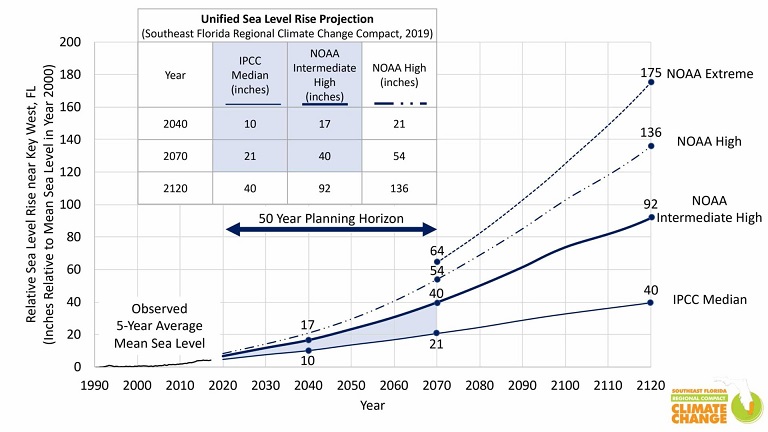
17. Southeast Florida Uses Unified Projections to Plan for Climate Change Adaptations
The Regionally Unified Sea Level Rise Projection and the guidance report are key planning tools produced by the Southeast Florida Regional Climate Change Compact. They are intended to assist decision-makers at both the local and regional levels in Southeast Florida to plan for and make decisions about sea level rise and associated vulnerabilities based on the best available science.
The projection is intended to inform adaptation strategies and policies and is offered to ensure that all major infrastructure projects throughout the Southeast Florida region have the same basis for design and construction relative to future sea levels. Prior to producing a unified projection for the region, the diversity of local sea level rise projections was a barrier to achieving regionally consistent adaptation strategies and policies, and effectively influencing supportive policies at the state and federal level.
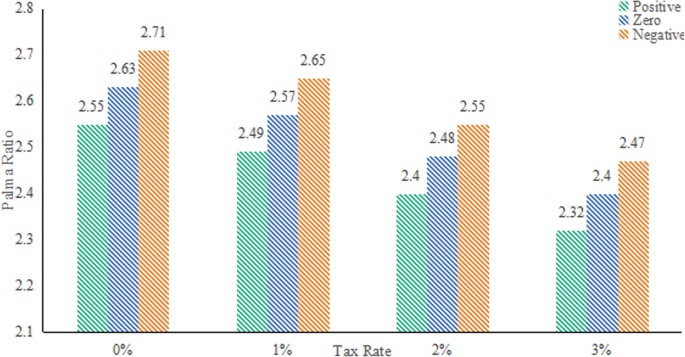
18. Who Pays the Bill for Climate Change, Taxes, and Transfers?
This economics paper presents a quantitative study of a dynamic climate-economy model with multiple regions to evaluate how implementing an optimal climate tax affects production, emissions, and welfare in each region. Its authors use a simulation model that distinguishes six major world regions and incorporates a wide array of regional heterogeneities including a detailed description of the energy production process in each region.
Results show that optimal taxation reduces coal consumption in each region substantially by about 70% and leads to higher GDP within the next 100 years in most regions. The exception is China which suffers losses in GDP for the next 130 years due to its strong dependence on coal and must be incentivized via transfer payments to implement the optimal tax. The report also finds that the increase in global temperature under optimal taxation is compatible with the two-degree target.
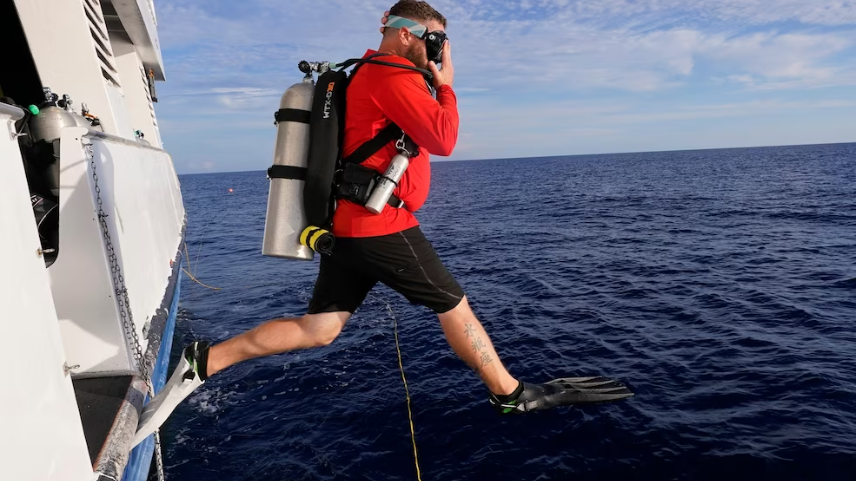
19. Coral Reefs off Galveston Texas Are Thriving
Some of the world’s healthiest coral reefs can be found in the Gulf of Mexico, off the Texas coast. Sheltered in a deep, cool habitat far from shore, the reefs in the Flower Garden Banks National Marine Sanctuary boast a stunning amount of coral coverage. The Flower Garden Banks is one of 15 national marine sanctuaries and two national marine monuments protected by the NOAA’s Office of National Marine Sanctuaries, and the only one in the Gulf of Mexico.
The sanctuary is made up of 17 separate banks that cover 160 square miles (414 square kilometers). When it was designated in 1992, the sanctuary had two banks. Its largest and most recent expansion of 14 banks came in 2021, a process that included input from the advisory committee, which includes representatives from industries that rely on the Gulf, from oil and gas to recreation to fishing.
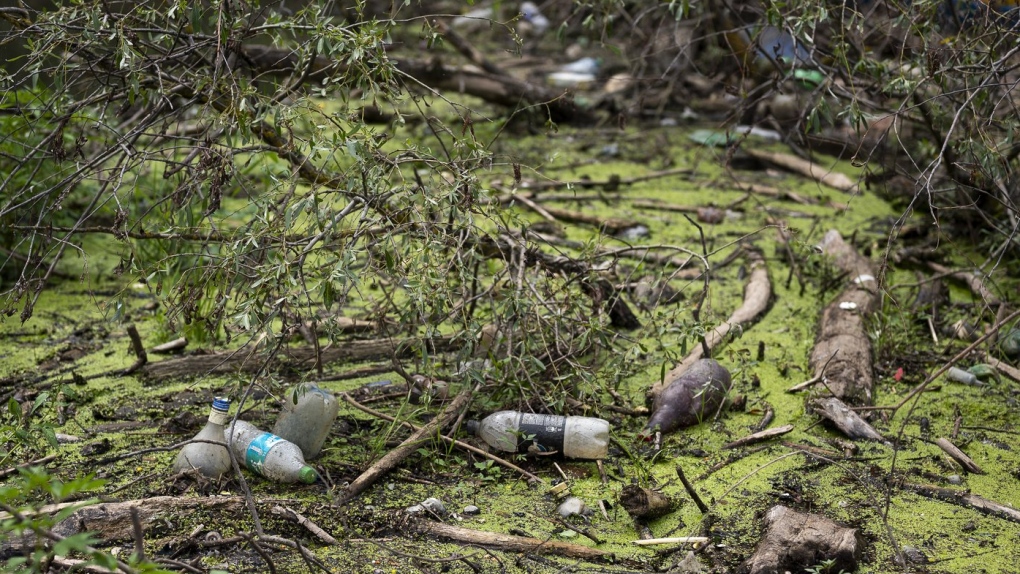
20. The Pros and Cons of Plastics Credits
Amid United Nations-led negotiations to cut plastic waste, two groups issued a report citing “serious flaws” in financing, transparency and basic auditing and said credits being issued for plastics being incinerated in cement kilns was substituting one form of pollution for another. But Verra, the world’s leading certifier of carbon offsets, said plastic credits can be a tool for mobilizing the money needed to tackle plastic pollution.
It can help fund the collection, transportation, and processing of 8 billion tons of legacy plastic pollution. Plastic credits, sometimes called offsets, work a bit like carbon credits. The concept involves companies or people paying for a specified weight of plastic to be collected somewhere in the world, generating a credit that justifies their production or use of an equivalent amount of plastic.




